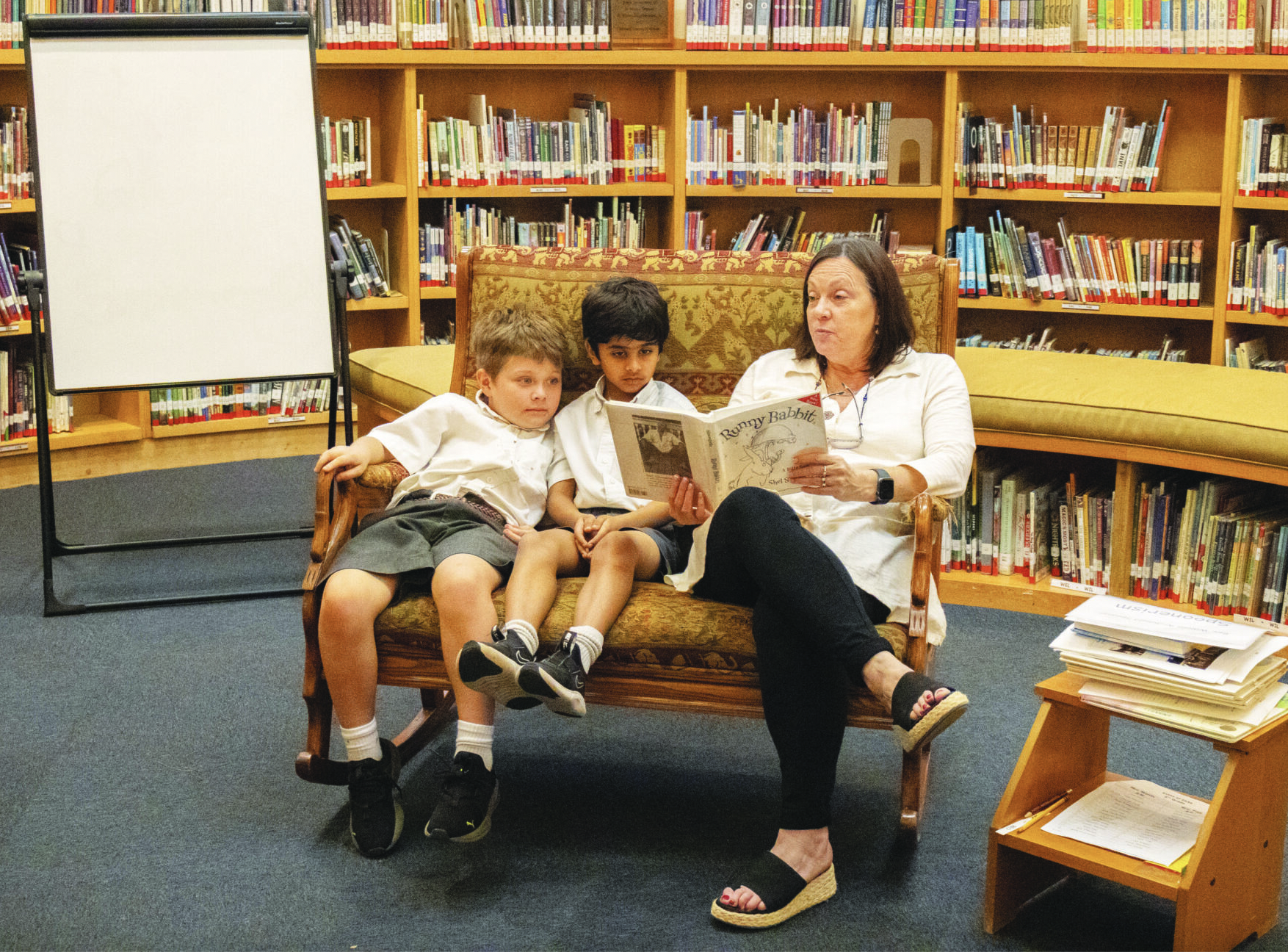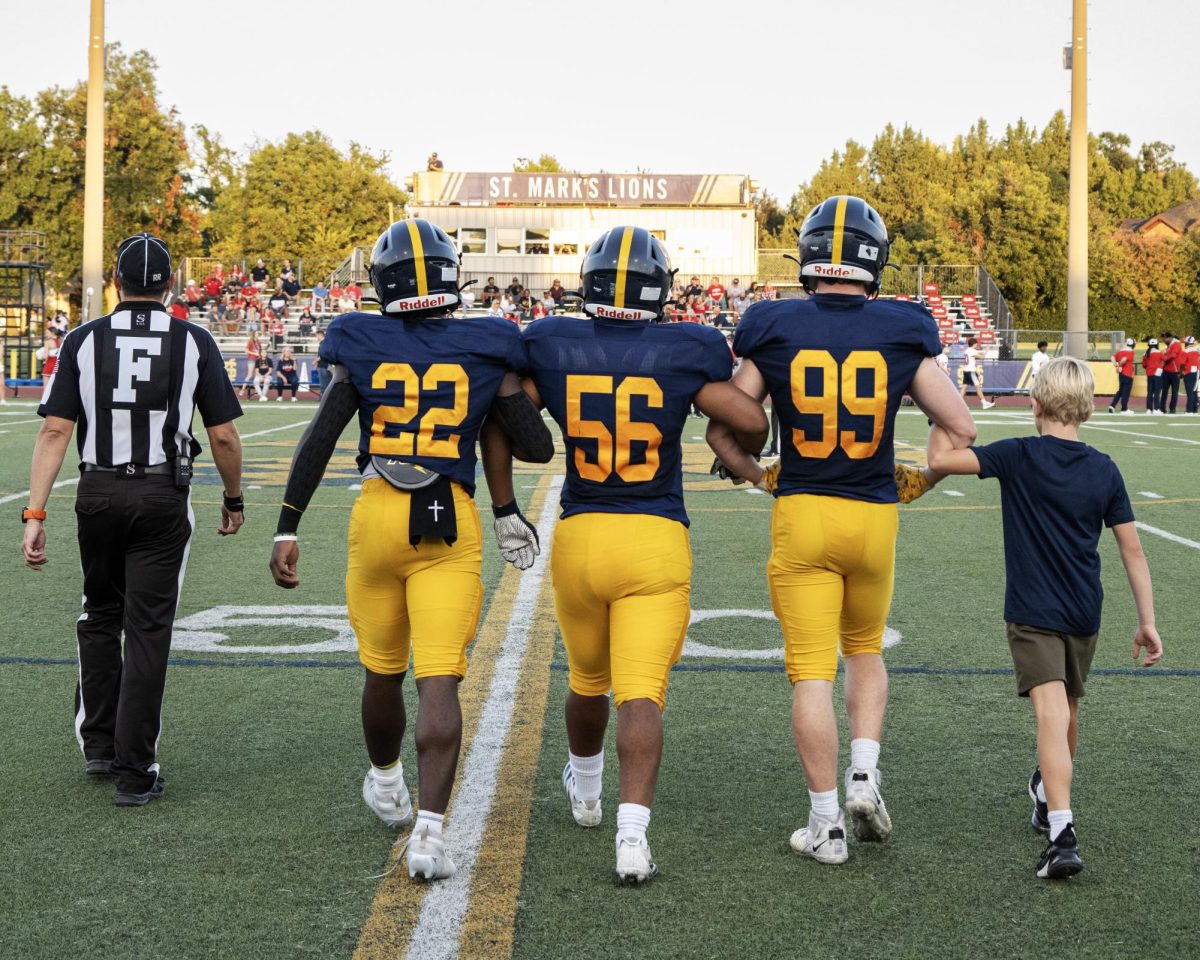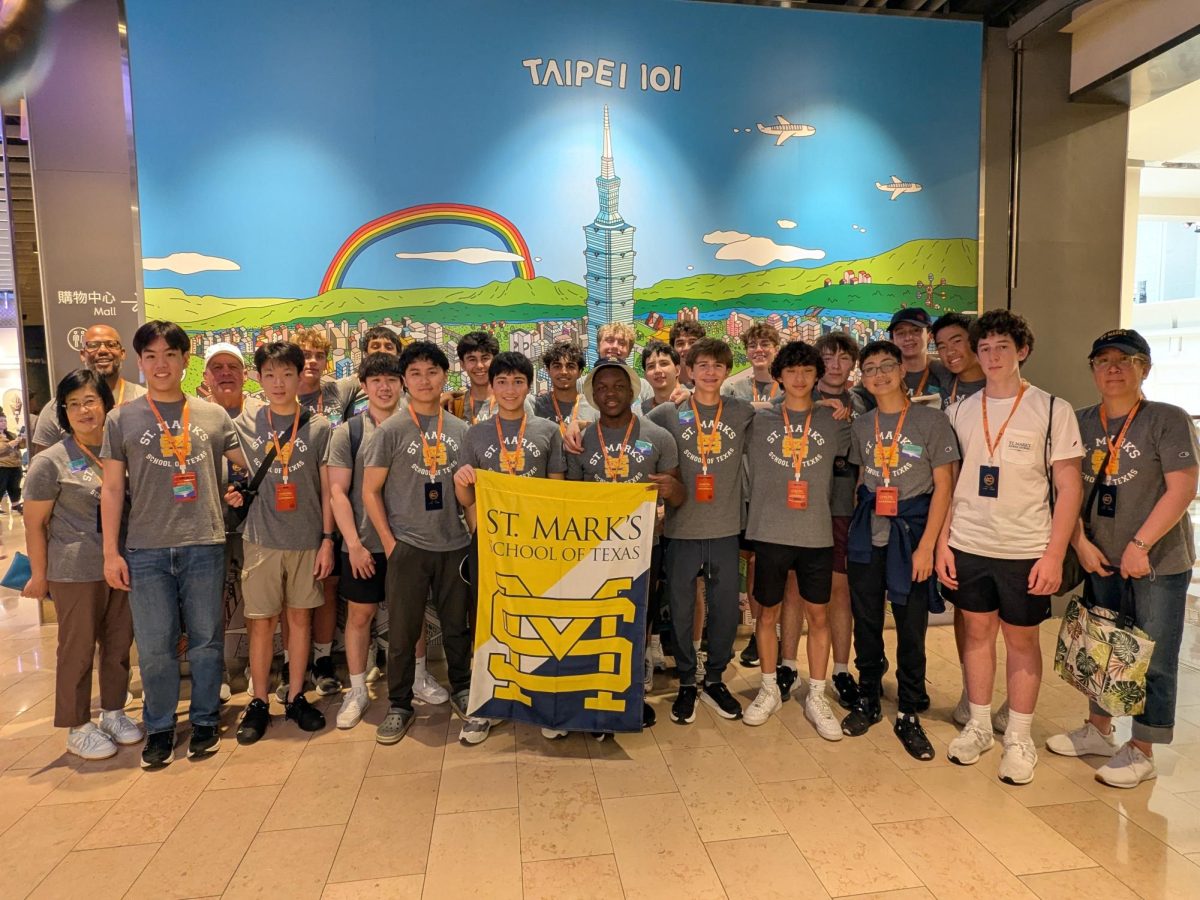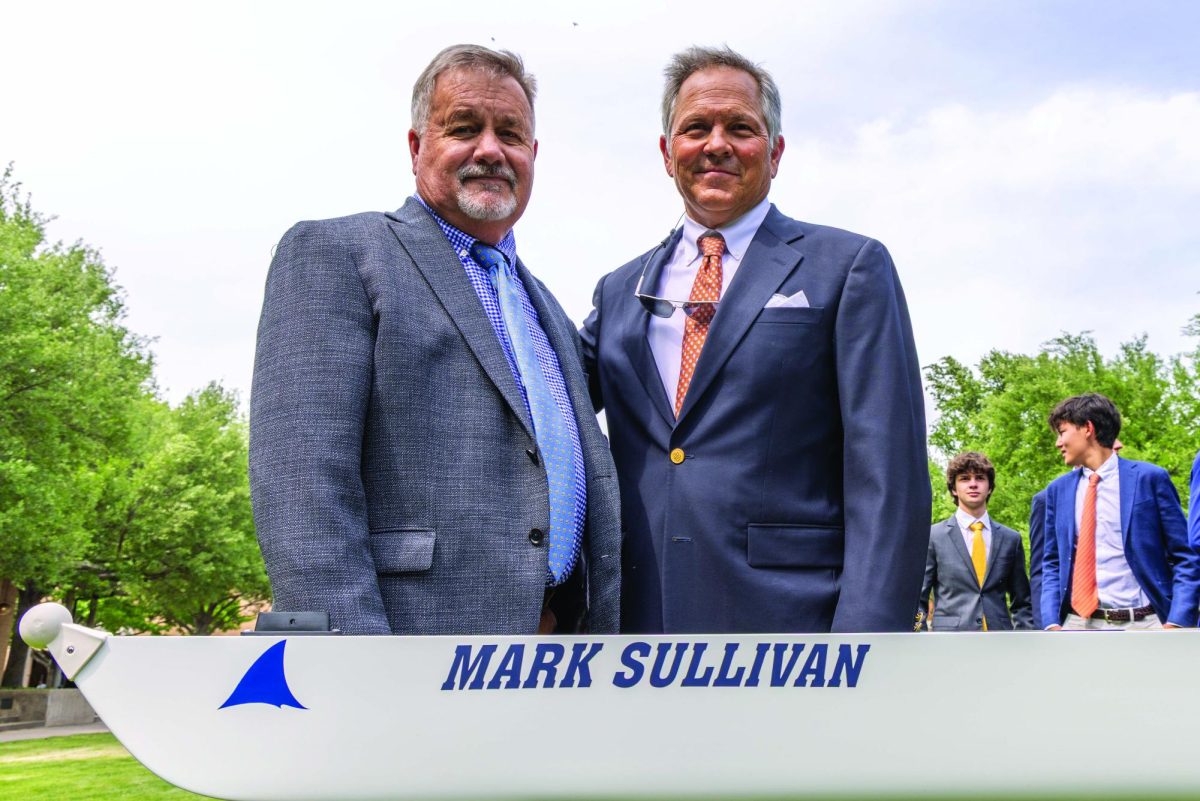In schools across the country, hallways remain unfilled. In classrooms, books are still unopened, pencils unsharpened.
Chairs are sitting empty.
More than ever before, students are missing school, and their chance to experience valuable in-class learning is fading.
According to a New York Times article, the number of “chronically absent” students has risen to 26 percent across the country, a 15 percent increase since before the pandemic, leaving many wondering if students will ever fully return to the classroom.
The COVID-19 pandemic has left attendance rates falling, and there are no signs of slowing down, even as in-person classes have returned.
These absences not only affect a student’s education, but also public school funding. Since the state determines funding based on attendance, rising absences are leaving many schools with decreasing financial resources to put kids on a path to success.
“It’s so important to get back in the classroom,” Chief Impact, Strategy, and Operations Officer for United Way of Metropolitan Dallas Susan Hoff said.
At United Way, Hoff works to create opportunities for all North Texans to thrive, including access to education.
As a children’s advocate, she has previously served as the CEO and President of ChildCareGroup, a local organization focused on improving child care services, and as a teacher and parent educator.
For young children especially, Hoff knows the importance of in-person learning and the negative ramifications for those who don’t get enough face-to-face instruction time.
“When they get to kindergarten,” Hoff said, “they might have a harder time getting along with others, which is a really, really big part of school and life.”
Hoff knows that cognitive, social, emotional and physical development are all critically important, and identifying struggles early on is important to address to provide the best path to performance in the classroom.
“Kids who have fewer experiences and fewer neural connections don’t have as rich of a foundation as they need to move forward,” Hoff said.
Creating new neural connections, or links between brain cells known as synapses, are a crucial part of brain development as the brain is roughly 90 percent developed by age 5.
“From the time a baby is born, every second there are about a million neural connections being made,” Hoff said. “That’s where the brain is building all these connections that are going to hardwire your brain so you can learn as you move forward.”
The rate of these connections, however, can be influenced by the environment a child is living in, making a healthy and safe enriching environment important for early brain development.
“Interactions with your parents, grandparents or early childhood teachers are all helping to drive those connections,” Hoff said. “If a child doesn’t have support in their environment, maybe if they’ve got challenges, they don’t have enough to eat or they don’t have adults around them who are talking, listening and singing to them, the brain doesn’t make as many connections.”
According to the CDC, (Center for Disease Control and Prevention) children grow the most in safe environments with the ability to freely play and explore, which Hoff echoes.
“You need to have a lot of really different and enriching experiences,” Hoff said, “so that your brain is getting fired up and ready to roll for the rest of your life.”
Hoff believes that with investing in those earliest years, the social return and also economic return on investment is profound, making her work at United Way all the more meaningful.
“I find it really fascinating in a scientific way,” Hoff said. “Knowing how much opportunity there is in the first five years of life is infinitely fascinating to me, and there are infinite opportunities.”
One nonprofit organization aiming to address the issue of early childhood education is United to Learn, which works to accelerate student achievement in schools. The group is currently working with 75 schools and across Dallas and will soon increase that number to 100.
One of their main goals is to increase student literacy rates.
“It’s hard to think that there is a more important skill than knowing how to read,” Founder and CEO of United to Learn Abigail Williams, mother of junior Noah Williams, said.
Literacy by third grade is an essential benchmark for a child’s educational development. Up until third grade, students are learning to read, and teachers tend to feed instruction to their students. After third grade, students are reading to learn.
“It’s very critical, and that’s part of the reason that we talk so much specifically about third grade reading,” Williams said. “It aligns with how our brains are developed and it aligns with how our school and curriculum have been designed.”
United to Learn tackles the goal of teaching students to read by trying to nurture a love for reading. In one school, the organization built a “storybook walk”, where students would follow a trail around a field and read pages of a book at stations set up across the trail.
“We also invest in book bashes, which are full-day literacy parties where kids can come and shop for their very own books, and they find books that they find interesting,” Williams said.
One of the biggest challenges facing students that United to Learn works with is poverty. Out of the 36,000 students that the organization works with, nine out of 10 children are living in poverty.
“Poverty brings with itself a lot of challenges,” Williams said. “Whether that be around food insecurity, health care access or mental health care access, just the stressors of knowing whether or not your family has what they need really is a burden to a child. If a child comes to school in the morning, and they’re hungry and worried about when rent is getting paid, it’s a lot of stress on an 8 or 10-year-old child.”
To help alleviate these problems, United to Learn has sent home books and school supplies and has also partnered with local churches and other organizations to supplement food and fulfill household needs.
Like Hoff and Williams, Lower School Librarian Barbara Kinkead has devoted much of her life to the growth and development of future generations, primarily working with students in elementary school. In order to cultivate a more involved, effective method of learning within her students, her teaching goes far beyond a standard curriculum.
“We definitely do a lot of basic core skill development,” Kinkead said, “but I think we really go out of our way to make sure we incorporate the social, emotional aspect of it within it. One of the best things about teaching at St. Mark’s is that we have a lot of autonomy to go above and beyond teaching the basic skills.”
In addition to teaching the phonetics and proficiency involved in reading, Kinkead aims to instill her students with the communication skills necessary to work and bond with others. As a librarian, Kinkead uses literature to form unfamiliar scenarios, giving her students enduring knowledge applicable beyond the classroom environment.
“We try to incorporate the ideas of how you get along with others, how you feel about yourself and how you make your choices,” Kinkead said. “I think a poor education truly would be just a basic teaching of the skills: how to add, how to subtract, how to multiply and how to divide without seeing the bigger picture.”
By imagining themselves in place of their favorite characters, Kinkead believes students can embody the traits and virtues, emphasized in books new, old, fantasy or nonfiction, that can help prepare them for their lives’ toughest moments.
“I do a lot of encouraging reading for pleasure,” Kinkead said. “I think reading as a skill is certainly important, but I think reading for pleasure is something that can take you through all sorts of times in your life, if you know that you can escape into a good book.”













